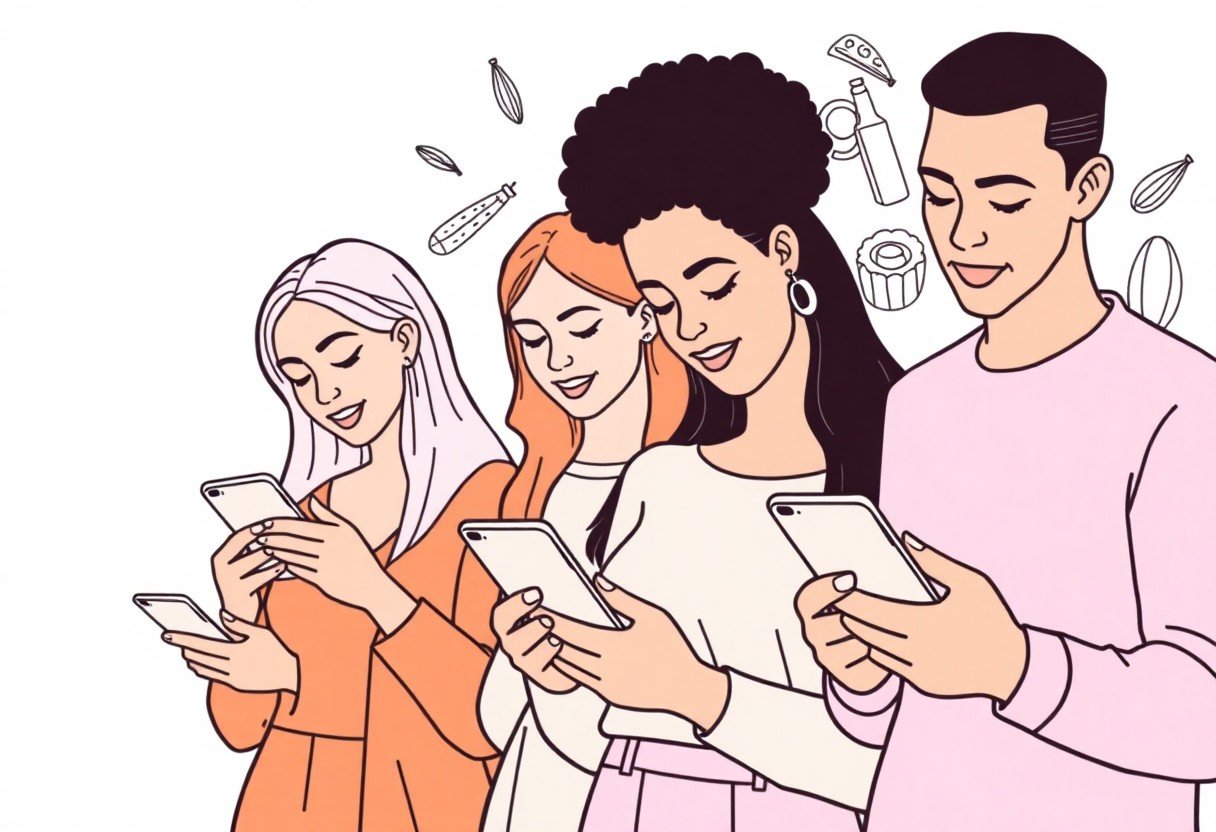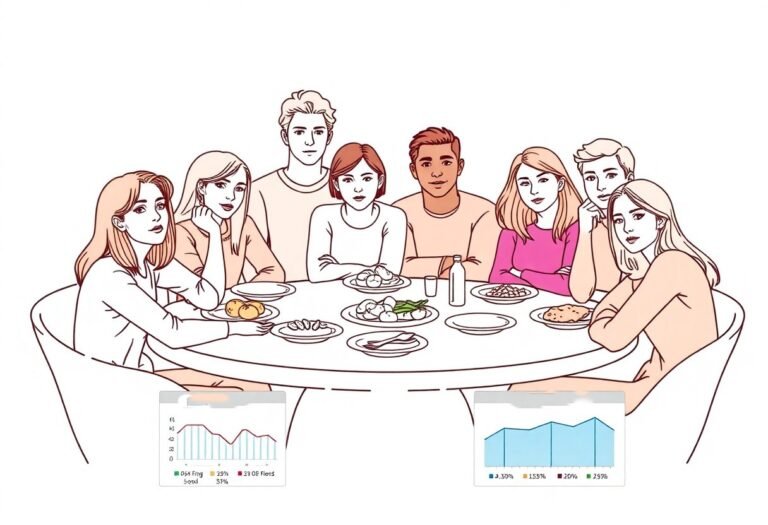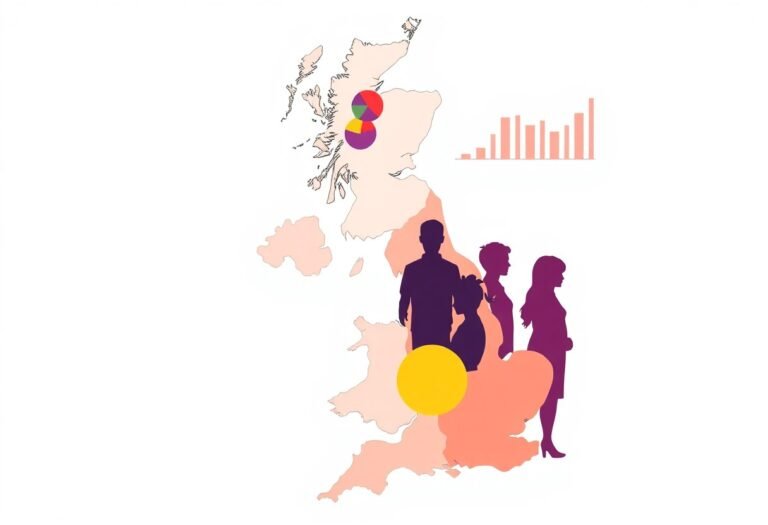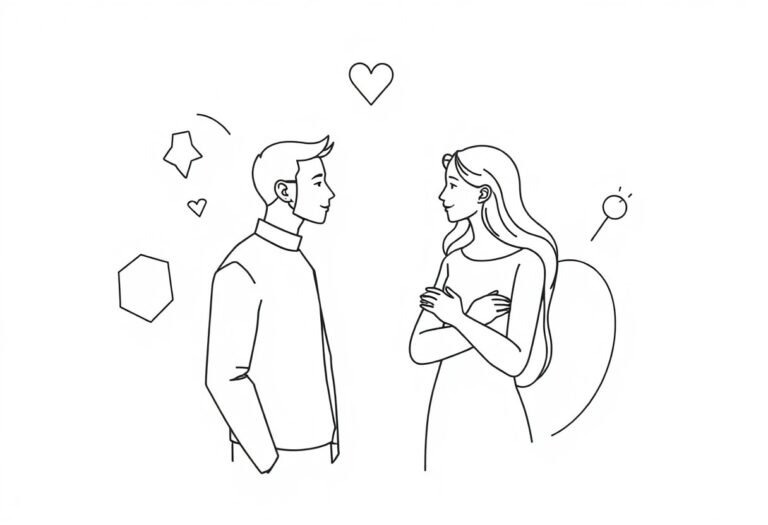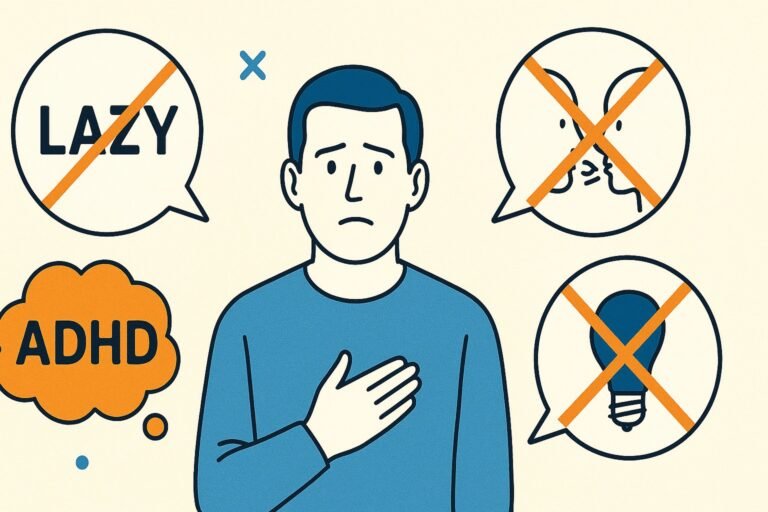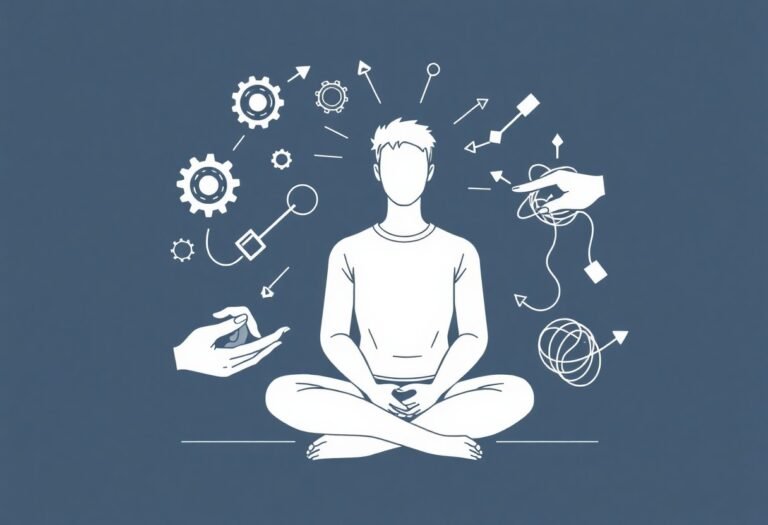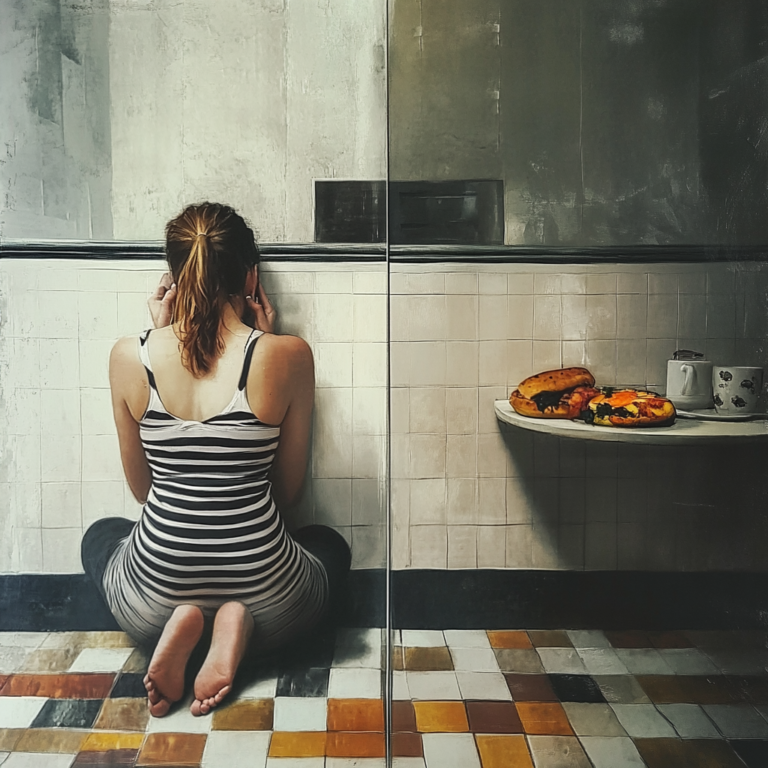The Role of Social Media in Body Image and Eating Disorders
Eating disorders are often exacerbated by the pervasive influence of social media, which shapes your perception of body image and self-worth. You may find yourself comparing your appearance to the curated feeds of influencers, leading to feelings of inadequacy and low self-esteem. While social media can promote body positivity and supportive communities, it can also perpetuate unrealistic standards and trigger harmful behaviours. Understanding this duality is imperative for navigating your online experience and fostering a healthier relationship with your body and mind.
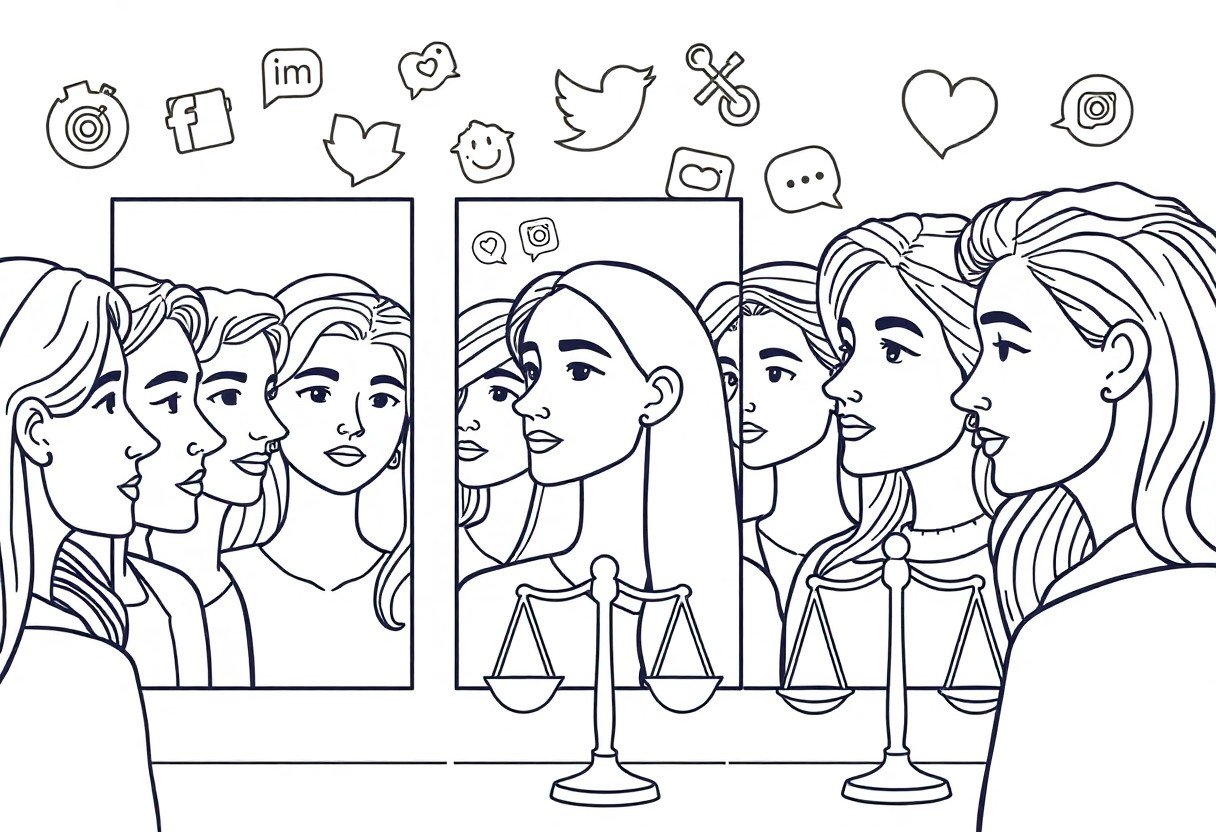
Key Takeaways:
- Social media platforms often promote unrealistic body standards, contributing to negative body image among users.
- Exposure to idealised images can lead to increased comparison and self-criticism, heightening the risk of developing eating disorders.
- Users may engage in unhealthy behaviours, such as extreme dieting or excessive exercise, in an attempt to conform to perceived norms.
- Social media can also serve as a double-edged sword, offering support networks for those struggling with body image issues or eating disorders.
- Educational initiatives and campaigns focusing on body positivity are gaining traction, promoting healthier self-perceptions and media literacy.
The Digital Mirror: How Social Media Shapes Body Perception
In your daily social media interactions, the digital landscape acts as a reflective surface, influencing how you perceive your body. The countless images of idealised physiques can distort your self-image, often leading to feelings of inadequacy. This digital mirror can amplify societal pressures, making it increasingly difficult to embrace your unique beauty and fostering a negative body image dynamic. Understanding these mechanisms is crucial in navigating the complexities of self-perception and mental health in the online sphere.
The Influence of Curated Images and Filters
Curated images and filters dominate your social media feeds, presenting an altered reality that can mislead your body perception. You’re frequently exposed to heavily edited and stylised content, creating unrealistic beauty standards that may not reflect the true lives of individuals. This visual manipulation can lead you to compare yourself unfavourably, further entrenching insecurities about your body and appearance.
The Impact of Likes, Comments, and Social Validation
Engagement metrics, such as likes and comments, heavily influence your self-worth and body image. You may find yourself seeking validation from others through social media interactions, which can create a cycle of dependency on external approval. This need for affirmation can drastically skew your perception of what constitutes beauty and desirability.
Social media platforms thrive on likes, shares, and comments, which you often interpret as direct reflections of your worth. Reports indicate that individuals may experience elevated anxiety levels when their posts do not receive the expected validation, making their mental health susceptible to fluctuations based on social interaction. Additionally, studies show that individuals prone to seeking social validation may develop distorted body images, as they tie their self-esteem to the approval of others. Recognising the influence of these interactions can empower you to re-evaluate your relationship with social media and prioritise self-acceptance over external validation.
The Prevalence of Unrealistic Standards: A Double-Edged Sword
Unrealistic standards permeate modern society, often creating a toxic environment where you may feel pressured to conform. The idealised body image showcased in media often promotes a narrow definition of beauty, leading to feelings of inadequacy. Social media platforms amplify these standards, pushing the narrative that only certain body types are worthy of love and acceptance. This duality—you may find inspiration, but also experience distress—illustrates the dangerous grip of these ideals on your self-esteem and overall mental health.
Celebrities and Influencers: The New Age Ideals
In the age of social media, celebrities and influencers wield immense power in shaping beauty ideals. You might find yourself scrolling through flawless images that present a curated, often edited version of reality. Following figures like these can lead to comparisons that distort your body image. The aspiration to attain their perfection may inadvertently foster unhealthy behaviours, pushing you to chase an unattainable appearance that often exists only in the digital realm.
The Role of Advertising and Brand Messaging
Advertising and brand messaging play a pivotal role in propagating unrealistic body standards. Companies frequently utilise aspirational imagery to market their products, implying that purchasing certain items will allow you to achieve an idealised lifestyle. Studies indicate that advertisements featuring slender models can significantly impact your perception of body image and desirability. This relentless promotion of sameness not only neglects diversity but also reinforces the belief that happiness is tied to an unattainable physique.
Brands often create powerful narratives around their products, suggesting that a specific body type or appearance is synonymous with success and happiness. As you encounter this relentless marketing, it becomes increasingly challenging to separate your self-worth from these external messages. The average person is exposed to thousands of ads daily, with research showing that 70% of women report feeling pressure to conform to societal beauty standards promoted by brands. Consequently, your mindset may shift towards believing that altering your body aligns with personal value, intensifying the risk of developing disordered eating behaviours.
The Psychological Toll: Correlation Between Social Media Usage and Eating Disorders
Social media usage has been linked to the rise in eating disorders among individuals of all ages, creating a pervasive environment where idealised body images thrive. Frequent exposure to curated posts and images can lead to negative self-perception and distorted views on body image, fuelling disordered eating behaviours. Studies reveal that over 30% of social media users have experienced a decline in self-esteem directly related to their online engagement, showing a concerning link between your scrolling habits and mental health.
The Descent into Body Dysmorphia
You may find yourself caught in the cycle of comparing your body to those you see on social media, leading to a heightened fear of inadequacy. This comparison often spirals into body dysmorphia, where you become overly critical of your appearance, focusing on perceived flaws that others might not even notice. With relentless exposure to ‘perfect’ images, your confidence can dwindle, making reality feel increasingly unattainable.
Anorexia, Bulimia, and Binge Eating: Social Media’s Influence
Social media platforms can inadvertently glamorise unhealthy eating behaviours, promoting trends that encourage anorexia, bulimia, and binge eating. You might encounter hashtags or pages that celebrate weight loss or restrictive dieting, shaping the way you view food and your body. This constant barrage normalises unhealthy practices and can lure you into imitating these damaging behaviours, often believing that they are the only route to achieving the ‘ideal’ body.
For instance, the rise of the “fitspiration” culture on platforms like Instagram has been linked to an increase in eating disorders, as users post images that often misrepresent reality. Research indicates that individuals who frequently consume diet-related content are more likely to engage in disordered eating patterns and develop negative body image perceptions. Consequently, being bombarded with content that promotes extreme dieting or unhealthy lifestyles can lead you to adopt restrictive eating habits or emotional eating, significantly impacting your overall well-being and mental health.
Navigating the Online Space: Strategies for Healthy Engagement
Engaging with social media mindfully can help you develop a healthier relationship with your body image and overall well-being. Start by curating your feed to include accounts that promote positive body diversity and self-acceptance. Establish boundaries around your usage, focusing on platforms that inspire and uplift rather than ones that trigger negative thoughts. Regularly assess how each interaction affects your mental state, and take proactive steps to foster a supportive online community.
Practising Digital Detox and Mindful Consumption
Incorporating digital detoxes into your routine allows for necessary breaks from the incessant flow of online content. Dedicate specific times to engage with social media, ensuring you have periods free from screen time. During these breaks, reflect on how content consumption influences your mood and self-image, promoting a more intentional and thoughtful approach to social media usage.
Building a Positive Social Media Environment
Create a digital space that enhances your self-esteem and encourages healthy discussions. Engage with accounts that challenge conventional beauty standards and celebrate individuality. Actively follow creators who focus on artistry, hobbies, and wholesome activities, steering clear of those promoting harmful comparisons. Additionally, consider unfollowing or muting accounts that make you feel inadequate or fuel negative body image. Your social media environment should be a source of positivity and empowerment.
By selectively curating your feed, you foster a community centred around healthy lifestyles and body positivity. Seek out hashtags that promote self-love and inclusivity, connecting with like-minded individuals who uplift rather than diminish each other. As you surround yourself with positive messages, your perception of beauty may shift, helping you appreciate diversity and individuality. This intentional approach not only enhances your online experience but also helps combat the damaging effects of unrealistic ideals prevalent in many online spaces.
Empowering Change: Initiatives for a Healthier Online Culture
Fostering a healthier online culture requires concerted efforts from both individuals and organisations. Initiatives aimed at promoting body positivity are vital in transforming the narrative surrounding beauty standards. By encouraging authenticity and vulnerability, these programmes aim to dismantle harmful stereotypes and provide support for those struggling with body image issues or eating disorders. Highlighting success stories and creating campaigns that value self-acceptance can significantly influence perspectives on body image, making the internet a more inclusive space for everyone.
Influencers Championing Realistic Body Images
Many influencers are now embracing their natural appearances, showcasing a diversity of body types that challenge traditional beauty norms. By openly discussing their own journeys with body image and mental health, these influencers create a culture of relatability and acceptance. Your engagement with their content can help shift the perception of beauty, promoting a more inclusive narrative that celebrates individuality rather than conformity.
Platforms Implementing Supportive Policies
Social media platforms are beginning to recognise their role in shaping body image perceptions. By implementing supportive policies aimed at reducing harmful content, they contribute to a more positive online environment. These measures include flagging posts that promote unrealistic body standards and offering resources for users seeking help. Notable changes have been made on platforms like Instagram and TikTok, which now feature guidelines to encourage body positivity and mental health awareness, indicating a shift towards accountability in the digital space.
Instagram, for instance, has rolled out features that allow users to hide ‘like’ counts, promoting engagement based on quality rather than quantity, potentially reducing the pressure to conform to certain beauty ideals. Moreover, TikTok has launched campaigns like the #BodyPositivity challenge, encouraging users to share their unique stories and celebrate diverse body shapes. These shifts in policy not only demonstrate a commitment to user well-being but also underscore the growing recognition of social media’s influence on body image and mental health. By pledging to support healthier content, these platforms can play a vital role in nurturing a more positive digital landscape.
Summing up
With these considerations, it becomes evident that social media plays a significant role in shaping your perceptions of body image and contributing to the development of eating disorders. The constant exposure to idealised standards of beauty can distort your self-worth and lead to unhealthy comparisons. By being mindful of the content you consume and engaging with supportive communities, you can foster a healthier relationship with your body and mitigate the risks associated with these platforms. Ultimately, it’s imperative to prioritise your mental well-being and embrace the diversity of body types in your digital space.
FAQ
Q: How does social media influence body image?
A: Social media platforms often showcase idealised images and lifestyles that can significantly impact users’ perceptions of their own bodies. The prevalence of edited and filtered photos can lead individuals to compare themselves unfavourably to these portrayals, potentially fostering negative body image and dissatisfaction.
Q: What is the link between social media use and eating disorders?
A: Research indicates that prolonged exposure to social media can exacerbate or even trigger eating disorders in susceptible individuals. The constant exposure to diet culture, promotional content for weight loss products, and images of thinness can lead to unhealthy behaviours around food and body perception, including disordered eating patterns.
Q: Are some types of social media more harmful than others for body image?
A: Platforms that prioritise visual content, such as Instagram and TikTok, may have a more significant impact on body image due to their emphasis on aesthetics. This visual focus often highlights idealised body types, which can skew users’ perceptions of normalcy and health, increasing the risk of negative body image and associated disorders.
Q: What steps can individuals take to mitigate the negative effects of social media on body image?
A: Individuals can curate their social media feeds by following accounts that promote body positivity and diversity. Limiting exposure to content that perpetuates unrealistic standards and unfollowing accounts that trigger negative feelings can also help. Engaging in digital detoxes and prioritising self-care activities outside of the online world can further enhance mental well-being.
Q: How can parents and educators address the impact of social media on young people’s body image?
A: Open conversations about social media and its effects can help young people develop critical thinking skills regarding the content they encounter. Parents and educators can encourage discussions about body image, self-esteem, and healthy relationships with food, while also promoting media literacy to help youth discern the difference between reality and social media portrayals.

